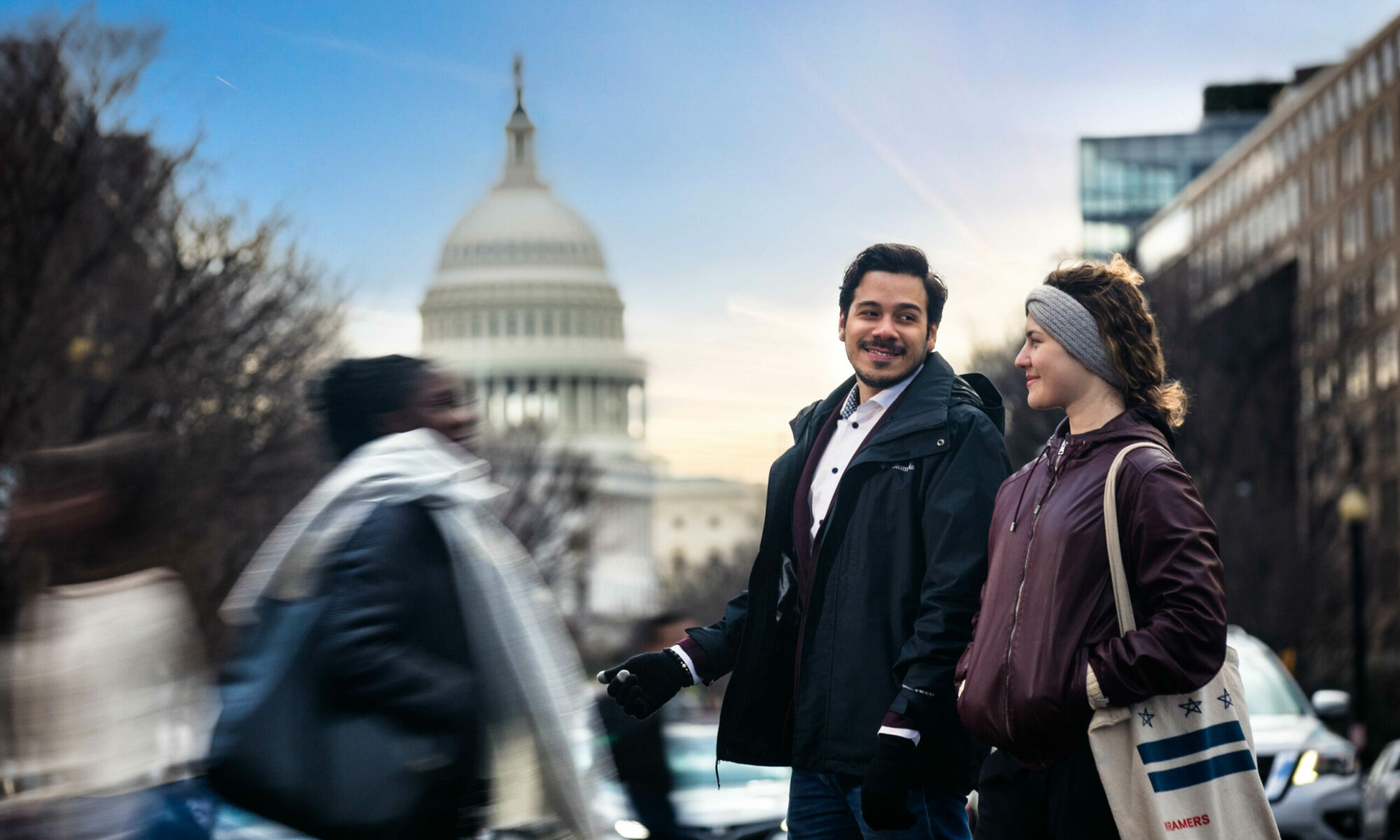Every July 31 is a welcomed opportunity to pause and reflect on the enduring meaning of the life of St. Ignatius of Loyola, founder of the Jesuits or the Society of Jesus. This innovative leader revolutionized religious community life, spiritual practices, and mission engagement strategy in ways that still reverberate today. Surely, the global presence of schools, retreat centers, and other works of the Society of Jesus testify to this lasting innovation. But the genius of Ignatius rests, I believe, in something more intangible. I believe that this year’s feast day is an opportunity to honor St. Ignatius of Loyola by utilizing his most significant achievement, a time-tested framework for discerning how to most fully live out our personal and collective mission as a university community.
My affection for Ignatian discernment approaches is based on direct experience sharing this wisdom alongside Ignatian-animated collaborators with students, faculty, and staff through engaging retreats, workshops, meditations, critical immersions, and coursework. I am especially grateful that this discernment framework is adaptable and flexible, an especially important characteristic as Georgetown enters the next phase of growing our Capitol Campus.
In a nutshell, both individual and communal Ignatian discernment invites participants, who are in the midst of civically engaged activity, to step back, pause, and check in on some fundamental questions of meaning and purpose, like:
- What is the mission that I am serving with the use of my gifts and talents?
- Have circumstances sufficiently changed that require me to re-assess whether my service of the mission needs to adapt in order to fully realize this mission?
- What data am I regularly collecting in moments of interior quiet (whether that data be thoughts, feelings, intuitions, social information, etc.) that help me assess my faithfulness to my personal and collective mission in the world?
- What is the greater good being served by my individual and our common work? How do I know that I am contributing to these greater goods?
- How am I asking God for help in making such discernments? What does my inner life need in order to engage in richer interior practices? What companions do I need to cultivate to help share and collaborate in this vital work of advancing mission?
In a dynamic and evolving external circumstance like the emerging Capitol Campus, which includes a major move and transition for many Georgetown units to 111 Massachusetts Ave. in a matter of weeks, such discernment questions are especially timely and relevant. Ignatius was no stranger to major new undertakings, overseeing the growth of a truly global organization with hundreds of members and many schools founded throughout the world in a very short time. The founding of these schools was not without complications, as the Jesuits had to balance the preferences and prerogatives of a variety of voices in the community about how they wanted these schools to be run.
Ignatius composed a record-setting number of letters, around 7,000, to check in with these globally dispersed Jesuits and make sure that, despite the on-the-ground challenges, these Jesuits were actively reflecting on whether the means of their work were aligned with the intended ends of their work. Across this correspondence, Ignatius routinely reminded his companions that the work of schools was not only about the obvious educational benefits but also about the edification and common good of the cities.
So too today the Georgetown community is about to embark on a new chapter of the University’s life of realizing a universal mission that unites all Hoyas in a shared endeavor. Ignatian discernment reminds us on the eve of the move to 111 Massachusetts Avenue that our mission attends very clearly to the individual (cura personalis), the institution (cura apostolica), and the common good of all.
Happy Feast Day!
